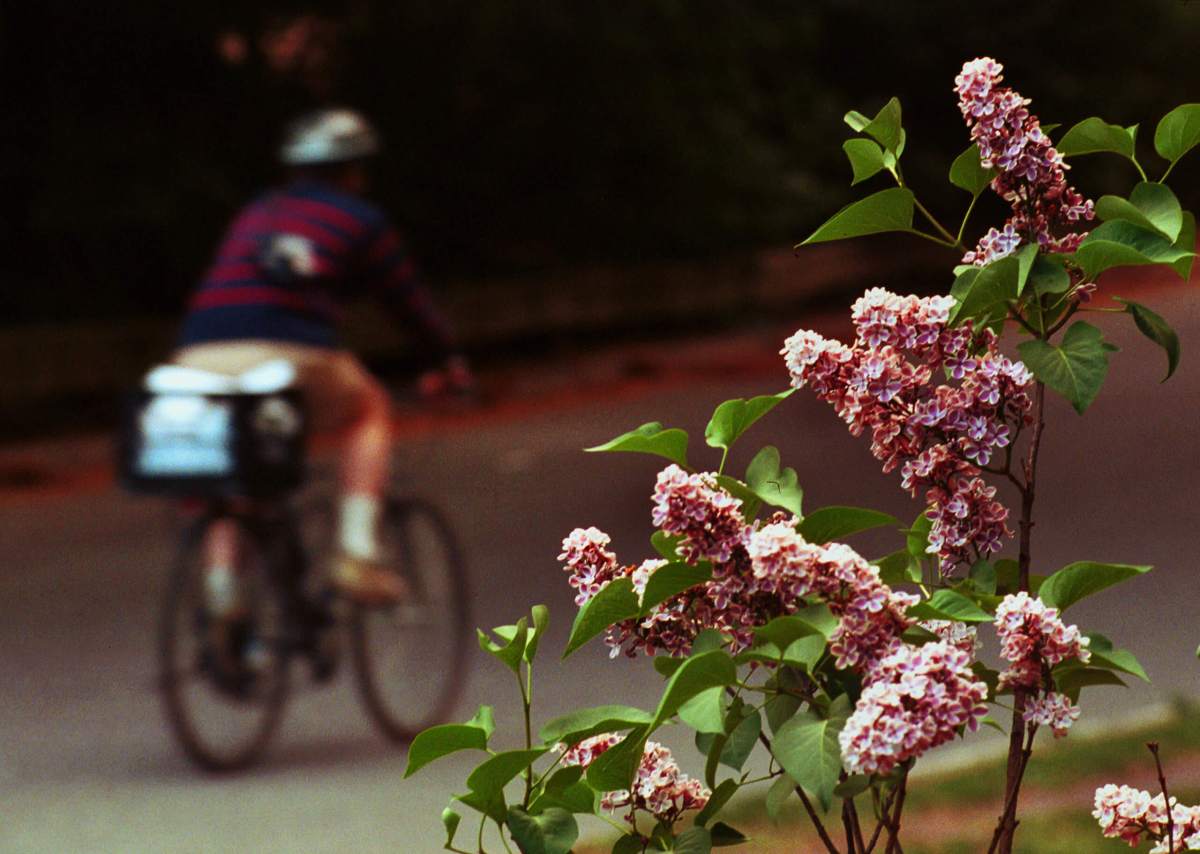Feeling a little sniffly lately? If you look around, you’ll probably notice more runny noses and red eyes than usual at this time of year.
“I feel terrible,” said Bill Thompson, 43, from Brooklyn. “It’s really bad at night when I’m trying to sleep.”
Medical experts say allergies are getting worse over time, partly because of seasonal changes tied to climate change, increased air pollution, rises in carbon dioxide that encourage some plants to produce more – and stronger – pollen and lowered immune system responses thanks to people using more antibiotics. “You’re going to be subject to a global increased prevalence of allergies,” said Dr. Cliff Bassett, Medical Director of Allergy and Asthma Care of NY. Dr Bassett is also on the Faculty of the NYU School of Medicine. This year we’re in the midst of an especially difficult round. The late arrival of Spring means we’re dealing with the lethal combination of tree pollens and grass and plant pollens being released at the same time – usually the different kinds of pollen would be unlikely to hit us all at the same time. “Now in NYC I’m seeing a mini-epidemic, I’m seeing 5 to 10 patients for the very first time every day, with cough, wheezing and shortness of breath – and they’ve got pollen asthma and many of them had never had allergies before and they don’t realize what they have,” said Bassett. Roughly 50 million Americans have nasal allergies, according to the American College of Allergy, Asthma & Immunity.
Experts at the Mayo Clinic say the best way to deal with allergies are:
But Dr. Bassett said telling people to simply stay indoors is unrealistic. “I’m in the business of real-world allergy management,” he said.
He does agree with the idea of pre-treatment, taking medications early to prevent the need for stronger and more expensive medication later on. Getting indoor plants that help to clean the air like English Ivy, ficus plants and bamboo palms can also be a good idea. “We want people to be proactive and take medication before they get sick,” said Bassett, “And there are a lot of other nuances such as wearing a hat, sunglasses, that block a lot of pollen out, if they’re out during the day we want them to shampoo their hair at night, wash their face to prevent transferring all the pollen back into their bedroom and so forth.” For the rest of the week, New York can expect high pollen counts above 10 – putting them in the high category – dipping a little bit to 8 in time for Saturday.
Allergy attack: High pollen counts across the city

Getty Images
















